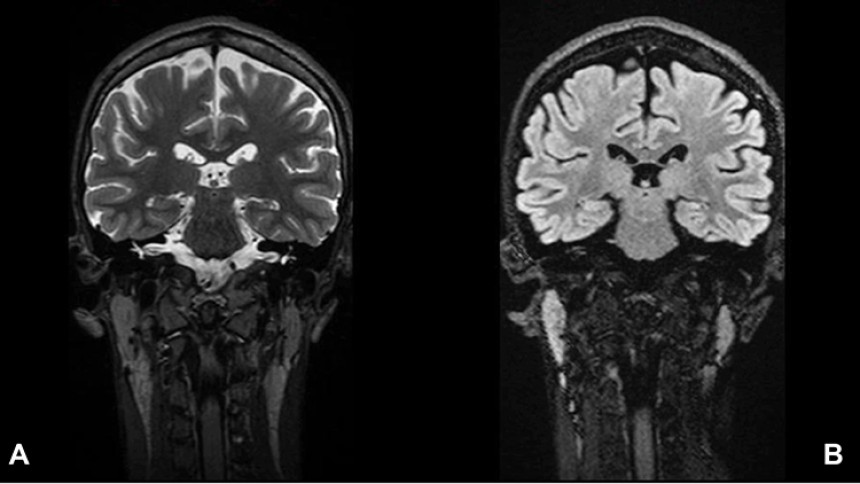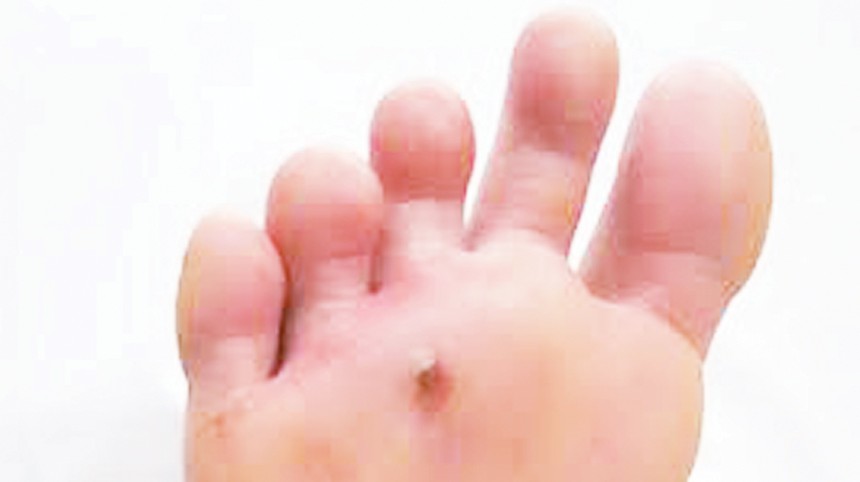
Carotidynia
This article provides an overview of Carotidynia, a condition characterized by pain in the cervical carotid artery. It discusses the typical presentation of Carotidynia, including tenderness over the carotid bifurcation and findings from brain MRI and MRA. The article addresses the lack of specific treatment for Carotidynia and outlines various management strategies, including the use of NSAIDs, calcium channel blockers, steroids, and treatments for associated conditions like migraines.
Clinical Presentation and Diagnostic Imaging of Carotidynia
Carotidynia involves neck pain and tenderness over the carotid bifurcation without structural abnormality. Brain MRI and MRA typically show focal eccentric thickening of the carotid wall.
Management Strategies for Carotidynia
Since there is no specific treatment, management focuses on pain and inflammation relief. NSAIDs like ibuprofen and naproxen, calcium channel blockers such as verapamil, and steroids like prednisolone are used. Treatments used for migraines may also be effective in some cases of Carotidynia. Angiography or exploratory surgery are not routinely recommended in patients with Carotidynia.
References
- Tardy J, et al. Carotidynia: a new case for an old controversy. Eur J Neurol 2007;14:704–05.
- Burton BS, et al. MR imaging of patients with carotidynia. AJNR Am J Neuroradiol 2000;21:766–69.
- Behar T, et al. Comparative evolution of carotidynia on ultrasound and magnetic resonance imaging. J Mal Vasc 2015;40:395–98.
- Headache Classification Committee of the IHS. The International Classification of Headache Disorders. Cephalalgia 2013;33:629–808.
- Feit H. Observations on the diagnosis and management of carotidynia. Headache 1982; 22(2):86-8.





